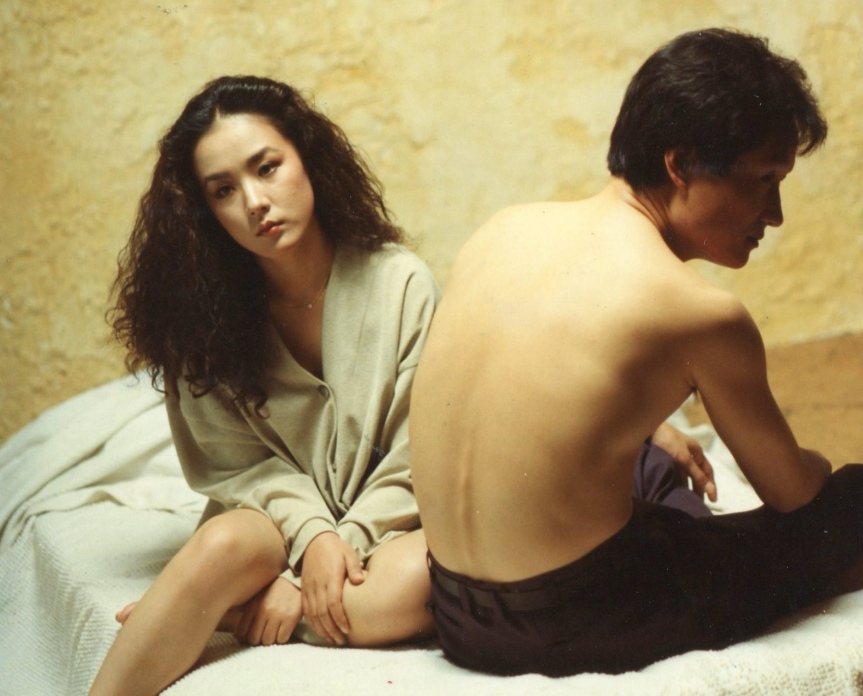The Big Continent: Asian Cinema Challenge
Week 3: 100 Korean Films
For this week’s installment of The Big Continent: Asian Cinema Challenge, challengers are tasked to select, view, and critique films from the list of 100 Korean Films. I chose one film, the #71 on the list, Jang Sun-Woo’s The Road to the Racetrack (1991), one of my favorite films of all time.
The Road to the Racetrack (dir. Jang Sun-woo, prod. Taehung Pictures, South Korea, 1991) – ****½ – Jang Sun-woo’s The Road to the Racetrack presents an intriguing premise: two lovers, both having completed their PhDs in France, find themselves back in each other’s arms upon reconnecting in Korea. Throughout the film, there is a lingering question of the viability of their relationship, only to realize ultimately that there is none. However, these two lovers might offer deeper insights into the historical forces at play in South Korea during the 1990s, perhaps more than the director’s initial intention. This interpretation leads us to reconsider how history can be subtly encoded in films, especially in the characters themselves.
For those who have not yet watched the film, The Road to the Racetrack resonates with contemporary Korean cinema, reminiscent of works by directors such as Hong Sang-Soo. Its portrayal of embroiled, dysfunctional cis relationships leading to despair is a familiar theme, yet there is more to it that meets the eye
The film’s opening prompts the question: Are they strangers? Initially, it is unclear. Jang Sun-woo thrusts his audience directly into the forefront of their relationship. We only learn that the woman, Ms. J, hails from a wealthy family of businessmen, and both Ms. J and Mr. R resided in France during their graduate studies.
The film offers a masterclass depiction of mansplaining and manspreading. While R is romantically involved with J, he is also a father to two children and a husband. He seeks to divorce his wife to marry J, who is already engaged to another man. In a classic demonstration of mansplaining, R consistently manipulates J, coercing her to submission.
Mansplaining in the film reaches a conceptual level akin to a social form of sadomasochism. R’s idea of control is almost paradoxical, given his status as a unemployed intellectual: no permanent address, alienated to his original family. Set in early 1990s South Korea, during a period of economic liberalization, R’s sole method of control was to assert dominance by physically controlling J. He is admittedly incapable of asserting class dominance, but resorts to intimidation and rape, symbolizing the old masculine feudal Korea.
To this effect, J and R symbolize the historical forces at play in early 1990s South Korea: R represents neoliberalism, carefree and privileged, while J embodies the feudal nobility, clinging to domination and force, to old habits, to nostalgia. Their incessant arguments and reconciliations underscore the futility of their ideological constructs.
In actuality, R, much like feudalism, is deeply entrenched in J’s sphere of influence. Despite their separate operations, feudalism continues to exert a historical influence on the emergence of the market economy under neoliberalism through primitive accumulation. Essentially, R paves the way for J’s power to manifest. R and J represent dialectical constructs, mirroring the dialectical relationship between feudalism and neoliberalism.
###

